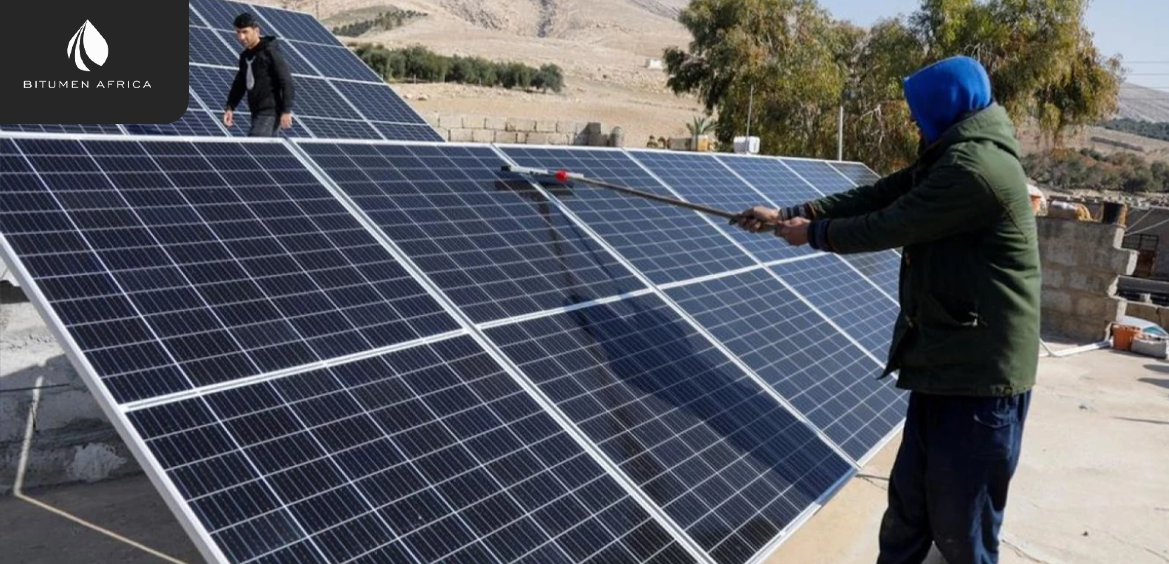Iraq, the second-largest oil producer in OPEC, is launching a bold initiative to scale up solar energy by developing at least 1,000 small-scale solar projects over the next three years, aiming to make solar power a core part of its energy mix by 2030.
Currently, solar accounts for less than 1% of Iraq’s electricity, with total clean energy (mostly hydropower) at only 1.2% in 2023 — far below the global average of 13%. Iraq remains heavily dependent on fossil fuels and imports electricity and natural gas from neighboring Iran, underlining the urgency for domestic renewable energy development.
To accelerate its clean energy transition, Iraq is partnering with UAE-based renewable energy leader Masdar to deploy up to 1,000 megawatts (MW) of solar capacity. Masdar, backed by major Abu Dhabi institutions including ADNOC and Mubadala, has ambitious goals of achieving 100 GW of global solar and wind capacity by 2030 and claims it could hold up to 35% of the Middle East’s renewable energy market.
This partnership marks a significant step toward energy diversification in Iraq and a notable shift for a country long known for its oil exports.

